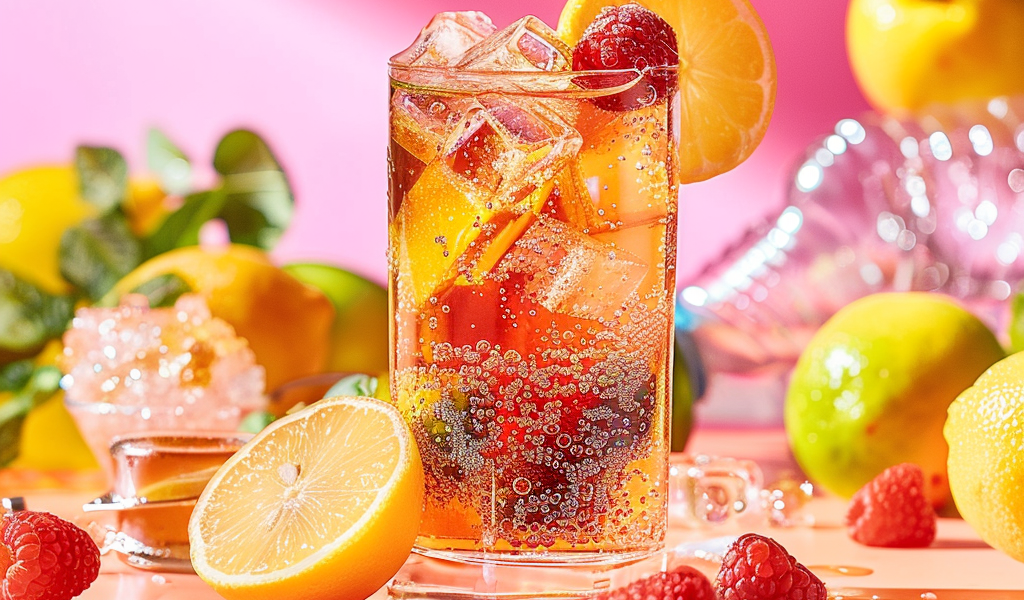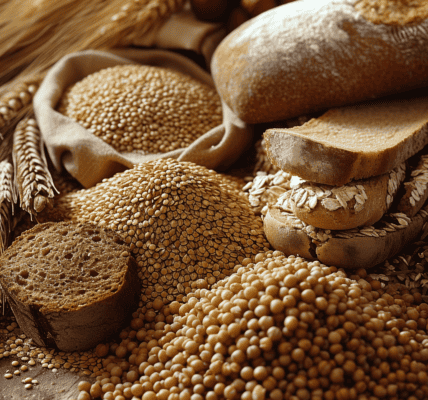In recent years, many individuals have made a conscious effort to reduce their consumption of sugary soft drinks, marking a significant victory for public health. The dangers associated with high sugar intake, particularly from sugary beverages, are well-documented. However, as the popularity of sugary drinks has waned, a notable increase in the consumption of diet soft drinks has emerged. These products have become so prevalent that they are now frequently detected in wastewater systems.
The growing reliance on diet soft drinks raises important questions about their long-term health implications. To understand the effects of these beverages, it is essential to examine their composition and the sweetening agents they contain.
Understanding Diet Soft Drinks
Diet soft drinks are formulated to mimic the taste of regular soft drinks but without the added sugars. Instead of sugar, these beverages utilize artificial or natural sweeteners to achieve their sweet flavor. Common artificial sweeteners found in diet soft drinks include aspartame, saccharin, and sucralose. These sweeteners are significantly sweeter than sugar, allowing manufacturers to use them in smaller quantities.
Guidelines from Health Authorities
The World Health Organization (WHO) recommends that individuals reduce their daily intake of free sugars to less than 10% of their total energy intake. For additional health benefits, it advises a further reduction to below 5%, which equates to approximately 25 grams or six teaspoons of sugar per day. Regular soft drinks often exceed this recommendation; for instance, a standard 335 milliliter can of Coca-Cola contains around seven teaspoons of added sugar.
The Rise of Diet Soft Drinks
As consumers become more health-conscious, many have turned to diet soft drinks as a perceived healthier alternative. The appeal lies in the ability to enjoy the taste of soft drinks without the caloric and sugar content associated with their regular counterparts. This shift has led to a marked increase in the consumption of diet beverages, with many people incorporating them into their daily routines.
Potential Health Impacts
Despite the popularity of diet soft drinks, research surrounding their long-term health effects remains inconclusive. Some studies suggest that regular consumption of these beverages may be linked to various health issues, including metabolic syndrome, weight gain, and even an increased risk of certain chronic diseases. While diet soft drinks are often marketed as a healthier choice, their impact on overall health is still a subject of ongoing research.
Artificial Sweeteners: Safety and Controversy
The safety of artificial sweeteners has been a topic of debate for decades. Regulatory agencies, including the U.S. Food and Drug Administration (FDA) and the European Food Safety Authority (EFSA), have deemed several artificial sweeteners safe for consumption within established daily limits. However, some studies have raised concerns about potential links between artificial sweeteners and health issues such as cancer, diabetes, and gut health disturbances.
Individuals may respond differently to artificial sweeteners, with some experiencing adverse effects such as headaches or digestive issues. This variability underscores the importance of personal awareness and moderation when it comes to diet soft drink consumption.
Environmental Considerations
The environmental impact of diet soft drinks is another aspect worth considering. The increased consumption of these beverages contributes to plastic waste and pollution, particularly as many are packaged in single-use plastic bottles and cans. Additionally, the detection of diet soft drinks in wastewater raises concerns about their environmental footprint and the potential effects on aquatic ecosystems.
Alternatives to Diet Soft Drinks
For those looking to reduce their intake of diet soft drinks, there are numerous alternatives available. Sparkling water, infused with natural flavors or fruits, can provide a refreshing option without the added sugars or artificial sweeteners. Herbal teas, homemade fruit juices, and smoothies can also serve as healthier substitutes that offer flavor and hydration.
Conclusion
As the consumption of diet soft drinks continues to rise, understanding their potential health impacts and environmental effects becomes increasingly important. While they may offer a lower-calorie alternative to sugary beverages, moderation and awareness are key to making informed choices about what we consume. By exploring healthier alternatives, individuals can enjoy flavorful drinks without compromising their health or the environment.





